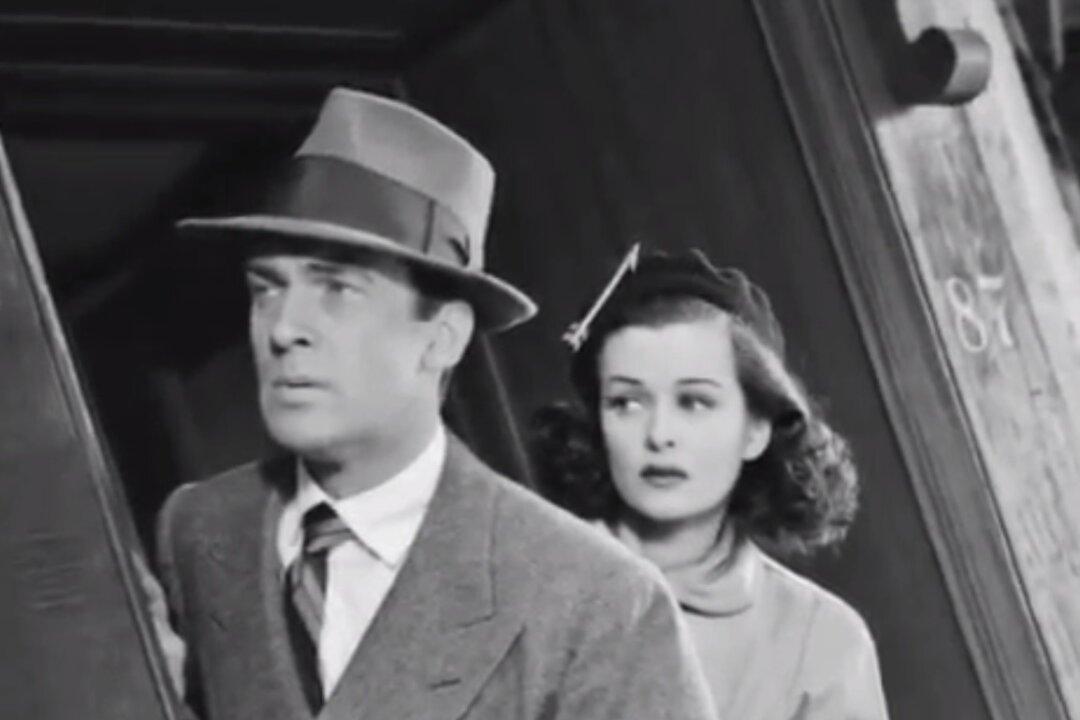Fritz Lang’s anti-Nazi film “Man Hunt,” a bittersweet World War II love story, seems removed from the weighty theme of fighting fascism. But it only seems that way. Lang’s opening text sets the context: It is peacetime still, “Somewhere in Germany, shortly before the War.”
‘Man Hunt’: Fritz Lang’s Warning on the Perils of Pacifism
Lang’s film addresses Britain and the world to prevent war.

Capt. Alan Thorndike (Walter Pidgeon) and Jerry Stokes (Joan Bennett), in "Man Hunt." Twentieth Century-Fox Film Corporation
Rudolph Lambert Fernandez is an independent writer who writes on pop culture.
Author’s Selected Articles




